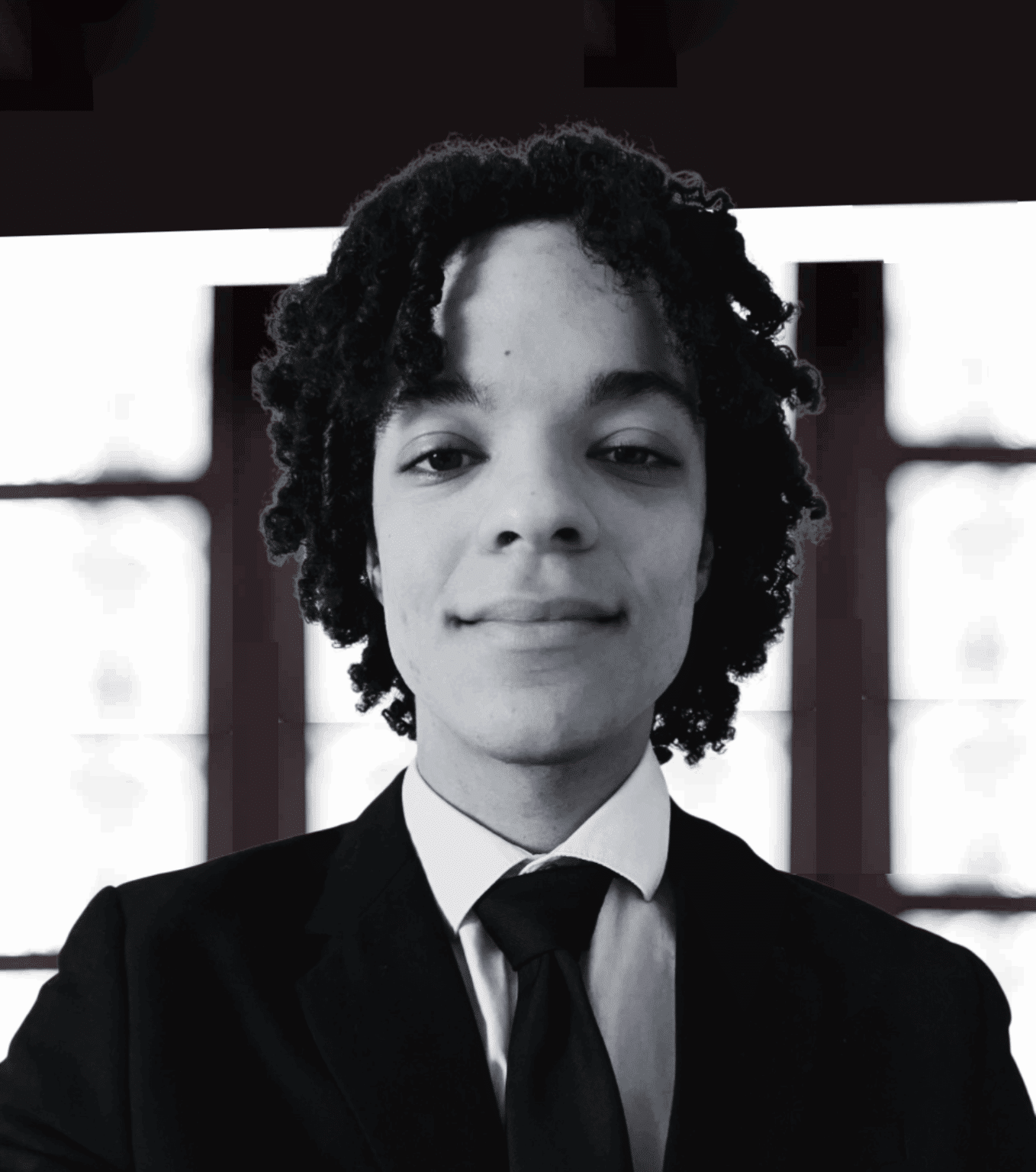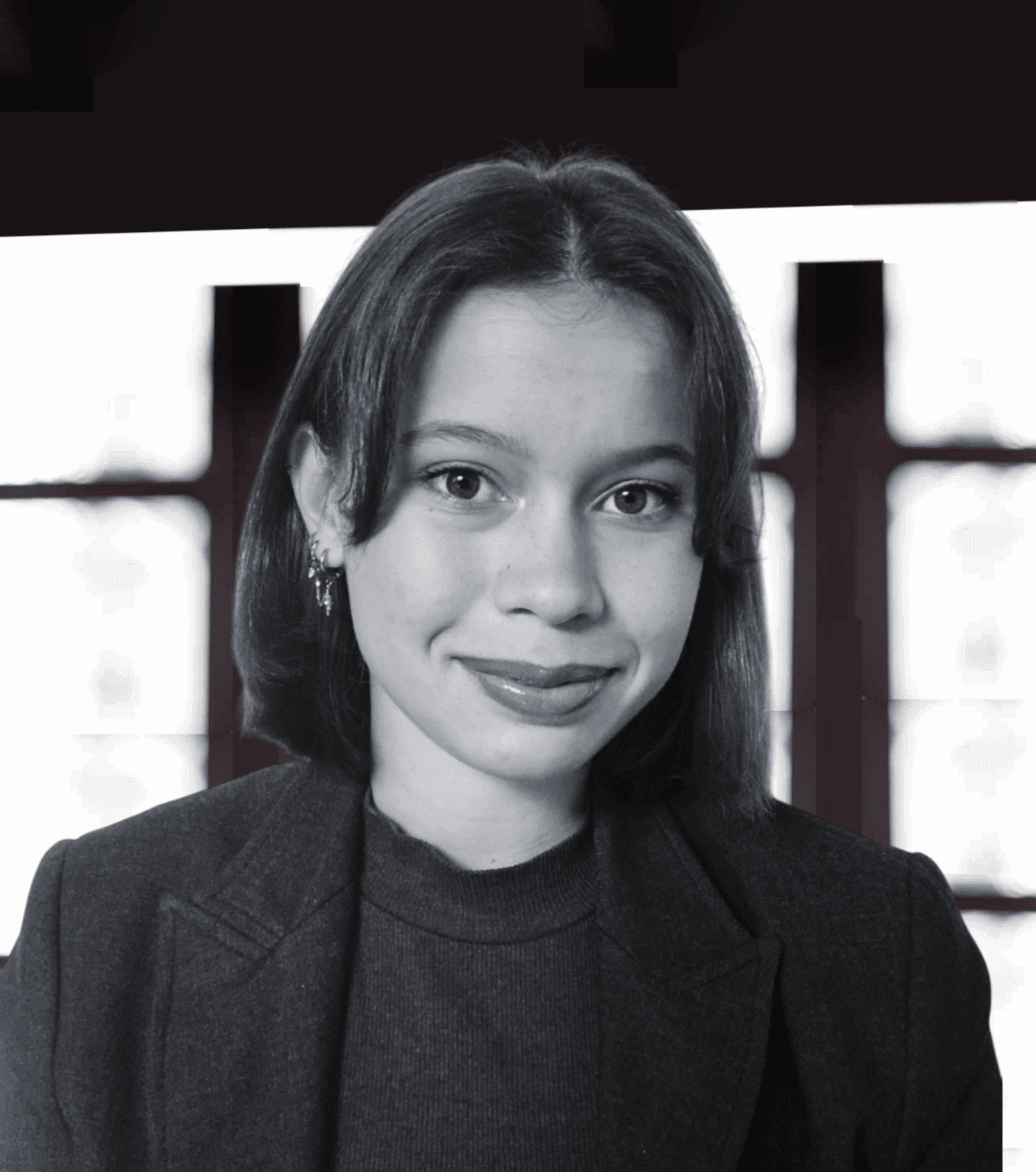By Mario Telò*, professor of international relations and Jean Monnet Chair, at the Free University of Brussels (ULB), LUISS-Rome, Macau and visiting at CFAU-China and FGV-Rio.
Le politologue Mario Telò revient (dans un article en anglais) sur la crise actuelle du multilatéralisme, l’inscrit dans la possible réforme des Nations Unies et s’interroge sur l’émergence d’un nouveau multilatéralisme qui pourrait être mis en oeuvre par des organisations régionales et notamment l’Union européenne.
The Covid-19 crisis has shown the dramatic discrepancy between the scale of the current transnational challenges (public health, climate change, security, financial stability, extreme poverty, sustainable development, terrorism…) and the weakness of global governance. This gap was visible even before, but became evident in 2020. Simply defending the past multilateral legacy is no longer a serious option for any progressive force. But this unprecedented crisis could provide an opportunity for a large mobilisation of social and political actors, experts, states, and regional organisations for a ‘new multilateralism’.
A precondition of such a ‘new multilateralism’ are realistic reforms of the current institutional framework and governance. But progressive forces also need to be aware of the vast and diverse field of adversaries and obstacles that stand in the way of this political priority.
Firstly, nationalism is coming back in its worst forms –against both natural and social science that show the transnational characteristics of our common challenges, firstly of public health. The national civic feeling of common belonging has shown itself during the pandemic as a powerful resource not against but in favour of multilateral cooperation. The nation is compatible with multilateralism, provided that inward looking, exclusive and aggressive nationalism is fought and defeated.
Secondly, the new multilateralist alliance in the making, and notably the EU and the UN Secretary General António Guterres’ dynamic reform program is jeopardised by the return of power politics of major players in every continent, notably the country that mainly supported the UN’s foundation in 1945: the US.
Thirdly, there is an unprecedented confusion and disarray regarding the way out of the crisis of the UN: on the one hand, managerial and minimal adjustments are proposed by actors defending the status quo and power logics. On the other, a multitude of utopian projects is emerging, arguing in favour of a radically new UN, based on a new Treaty. According to article 108 of the UN treaty, however, amendments are extremely difficult because they must be adopted by two thirds of the members of the General Assembly and ratified by two thirds of the members of the United Nations, including all the five permanent members of the Security Council.
Division between the five permanent members of the UN Security Council
We must be very clear: the challenge of a courageous and effective UN reform is neither about cosmetics, nor about dreaming. The multiplication of wonderful designs and utopias may be worse than useless, even counterproductive, because they emphasise the opposition between perfect ideal constructions and the current reality, which may provoke resignation. What we need is the largest mobilisation and commitment for gradual, concrete and feasible reforms. Everybody must be aware that the current five permanent members of the United Nations Security Council (UNSC) are divided about almost everything with a single exception: they are ready, with the sole possible exception of France, to veto any Treaty reform.
That is why progressive forces must rely on already existing dynamic trends which are clearly going beyond the mere continuity with the past. They must courageously address the UN efficiency gaps and also, by new ways of parliamentary and citizens participation, its current representation- and legitimacy- deficits.
How could radical innovations succeed in the main policy fields, from public health – by reforming the weak WHO – to security, peace, sustainable development, trade, human rights protection and gender balance? The critical factor will be the reformers’ capacity of detailing not only what to do, but firstly, how to do, how to improve UN agencies efficiency and legitimacy. Reforms of the modes and levels of governance must be the main objective, affecting the UN institutions and their decision-making process.
Need of enhancing the role of regional organisations
A first priority that must be asserted by the EU is an enhanced role for democratic regional organisations. They could function as a multilevel complement to the necessary central coordination of the UN. In this endeavour, the EU needs, of course to look for the necessary alliances and convergences
Contrary to 1945, regional organisations, like the EU, ASEAN, the African Union, MERCOSUR, among others, already exist and represent consolidated actors in every continent. Regional organisations combine the decentralisation of the UN system with a certain containment of power-politics. They are also able to limit nationalism and disintegration, while offering a third way between Western-centric universalism and post-colonial relativism. Even without a UN Treaty reform, they can be recognised and supported by the UN system, through their inclusion into the decision-making process. The previous Secretary Generals, Boutros Boutros-Ghali and Kofi Annan, started this profound change of the early unbalance of the UN, between the regional and the global level of the multilateral governance system. Their endeavour may eventually be finalised by the innovative leadership of Antonio Guterres, supported by political will, competent expertise, and courageous measures building a multi-layered post-hegemonic multilateralism.
The second urgently needed reform is for more and variously binding modes of governance. This could be consensually achieved along the lines of two examples, coping with the scandalous policy-implementation gap, and combined with respect of national diversities: the ‘Open method of coordination’, a soft law method of governance, successfully and respectively applied by the International Labor Organization (ILO) and by the EU modernisation strategy; and the ‘COP 21 review methods’, ensuring enhanced regular monitoring of the follow-up or multilateral arrangements by member states.
The EU able to strengthen the multilateral system
The EU is not an arrogant normative model. However, it is expected by many actors in all continents to play a driving role by reviving and strengthening the multilateral system. Both its internal practices and external policies, beyond both eurocentrism and Euroscepticism could play a key role. Why are there such expectations towards the EU? Because the destiny of the bloc itself, as the most sophisticated regional multilateral entity, is existentially linked to the future of the new multilevel multilateralism that is in the making. It will be an appealing blend of EU values and, with the words of the EU’s High Representative for Foreign Affairs, Josep Borrell, an innovative, realistic, « language of power ».
Mario Telò is also Emeritus President of the IEE -ULB. He served as consultant for the EU Commission, the Presidency of the European Council and Parliament. He leads the PhD program GEM (“Globalization, Europe, Multilateralism”), coordinated by ULB, including 12 universities of 5 continents and 60 PhD students. He recently published Regionalism and Multilateralism, Routledge 2020.












